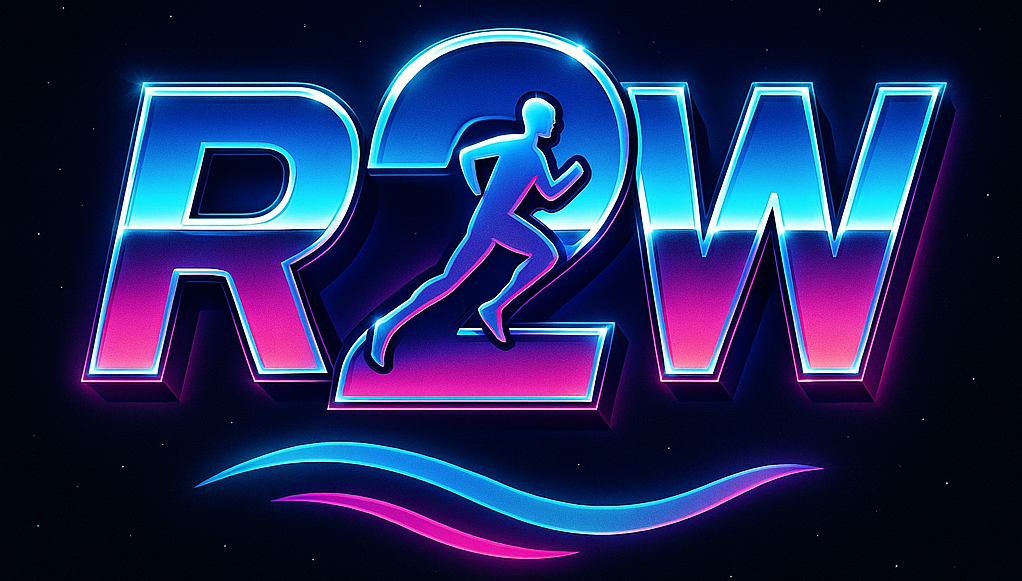 Welcome to our quick Q&A on caffeine and running. Here you’ll find insights into its ups and downs in your routine.
Welcome to our quick Q&A on caffeine and running. Here you’ll find insights into its ups and downs in your routine.
Q1: How does caffeine impact your running performance?
A1: Caffeine can boost alertness and energy. Many runners notice improved focus and a slight endurance boost, making those long runs a bit easier.
Q2: What positive effects does caffeine offer for runners?
A2: A moderate caffeine intake may reduce the feeling of fatigue during a run. It may also help in improving reaction times and increasing concentration.
Q3: Can caffeine have negative effects on your run?
A3: Some runners experience jitters, a rapid heartbeat, or stomach discomfort when taking too much caffeine. Testing your tolerance during training is a good idea before race day.
Q4: How much caffeine is advisable before hitting the track?
A4: The ideal dose varies by individual. Many find that about 100 to 200 mg works for them, but starting with a smaller dose can help you determine what feels best.
Q5: What tips help in using caffeine safely in your routine?
A5: Keep track of your hydration and avoid increasing your dose suddenly. Experiment during practice runs rather than before a critical race to ensure you stay comfortable and focused.
Beyond these tips, it is really important for runners to balance their caffeine intake with proper hydration and nutrition. Paying attention to your body, adjusting your routine gradually, and practicing during training sessions will help you avoid any issues on race day. Experimenting with various doses during practice can help you pinpoint what works best for you.
